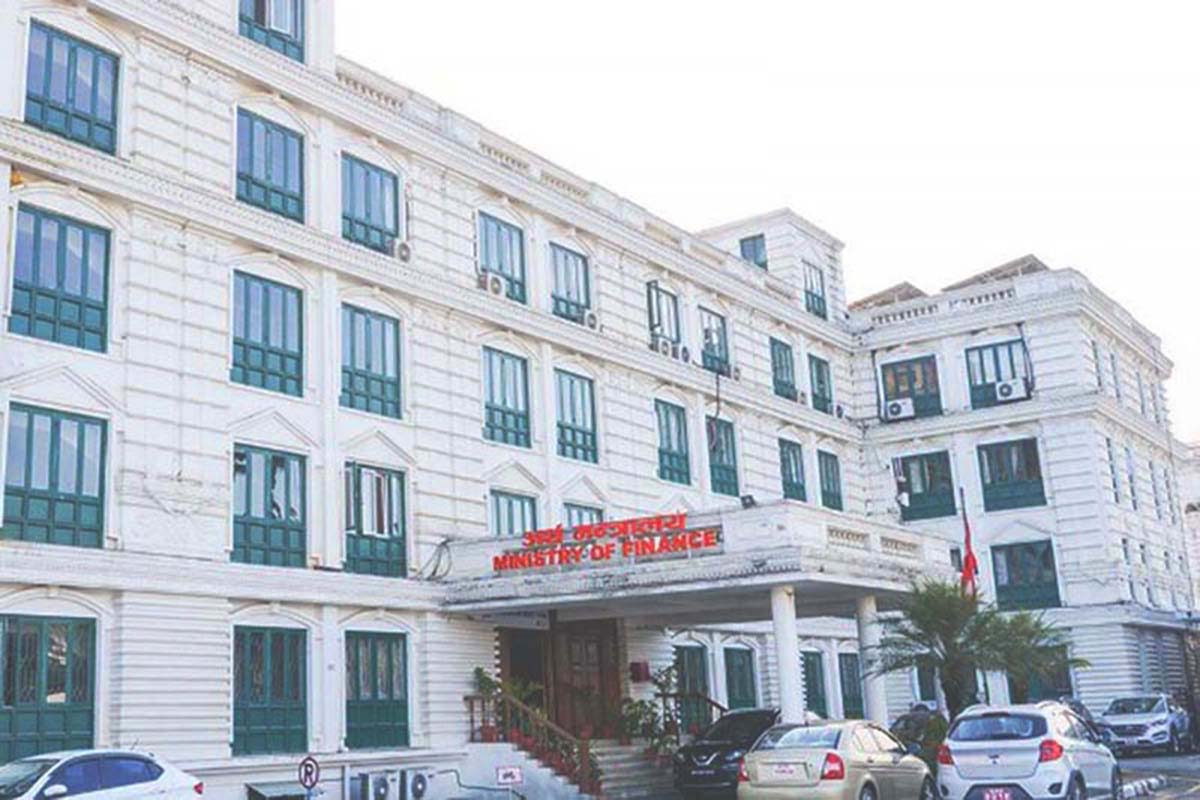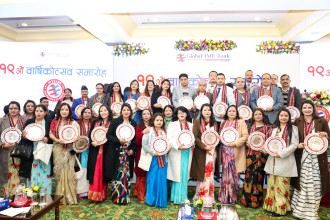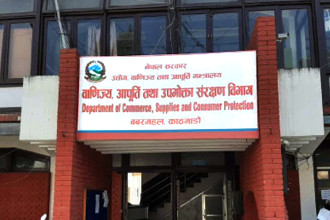
KATHMANDU: The Ministry of Finance (MoF) has released details of significant achievements in the first three months since the formation of the new government. Key initiatives include the formation of a high-level economic reform commission, implementation of an internal revenue mobilisation strategy, and completion of preparations for the country's credit rating.
According to MoF spokesperson Mahesh Bhattarai, despite ongoing economic challenges, improvements have been noted compared to the past. He highlighted increased self-confidence in the private sector, higher capital expenditure, and increased revenue collection compared to the same period last year. Additionally, interest rates have decreased, the stock market has become more dynamic, and both foreign exchange reserves and remittances have increased over the past three months.
Capital expenditures rose by 65% in the first three months of the current fiscal year compared to the same period last year, while revenue collection increased by 13%. The foreign exchange reserve stands at Rs 2,152 billion, the highest so far, and remittances have increased by 15%. The interest rate has decreased to 6.15%.
The MoF has issued 73-point guidelines to enhance budget implementation. A high-level economic reform commission has been formed, and activities to study and improve the overall economy have commenced. A central fast patrolling team has been mobilised to control revenue leakage. An international independent expert organisation is working on Nepal's sovereign credit rating, and the report is expected soon.
New Insurance Regulations, 2081, have been formulated and tabled at the cabinet, and the Internal Revenue Mobilisation Strategy, 2081, has been implemented. The MoF has also prepared and implemented a strategy for customs evaluation based on real-time transaction value. The Customs Tariff Regulations, 2024, have been formulated and presented to the Council of Ministers for approval.
A policy on loans and investments in public corporations has been developed and presented to the Council of Ministers. The Internal Loan Issuance and Management Procedures have been prepared and implemented. A bill to amend the Financial Procedures and Fiscal Accountability Act, 2076, has been tabled in the Federal Parliament.
The MoF has introduced luggage and vehicle scanner machines at the Tatopani Customs Office and initiated lab modules at Customs Offices in Birgunj, Bhairahawa, and Nepalgunj. The process of providing information on the major phases of the Customs Letter of Credit process to importers and exporters has begun. The dematerialisation of Citizen Bonds and Foreign Employment Bonds has been carried out, and the Internal Control System Guidelines, 2024, have been developed and presented to the Council of Ministers for approval.
The Guidelines Related to Transfer Price, 2024, have been formulated and implemented, and transactions of more than 400 taxpayers with annual transactions exceeding Rs 250 million have been integrated into the Central Invoice Monitoring System. Onsite inspections and monitoring have been conducted at over 100 industrial establishments manufacturing commercial-scale liquor, beer, cigarettes, tobacco products, energy drinks, and juice to check for excise duty leakage.
Efforts have been made to render the multi-year contracting process more systematic and implementable. Budget allocation and implementation have been prioritised to enhance effectiveness. Work has begun on formulating the Second Financial Sector Strategy.
The MoF is also working on a new policy for development assistance, and guidelines for budget formulation have been developed and implemented. International financial institutions such as the World Bank, Asian Development Bank, and IMF have noted improvements in Nepal's economy in the two months since the formation of the current government.
By RSS






